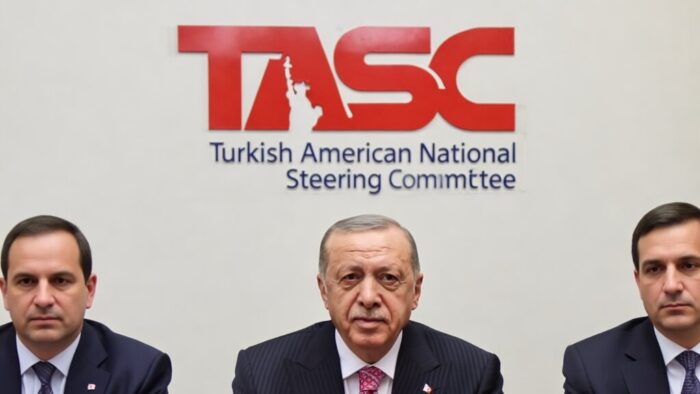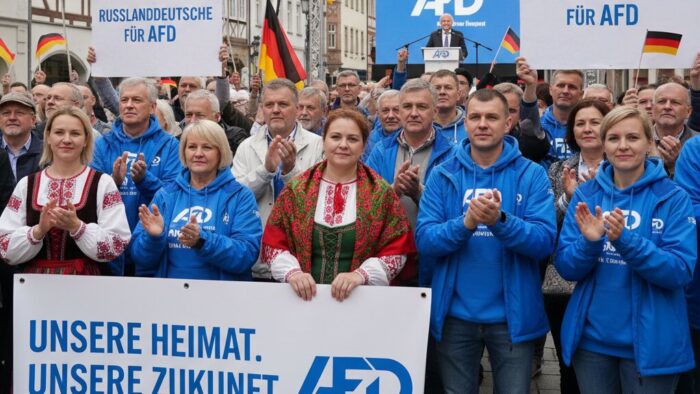The DFRLab, a US think tank, is reporting that Russian media outlets have recently started to amplify Baltic disinformation outlet “The Baltic Word,” which has been linked to a cyber espionage campaign, granting legitimacy to an entity that would otherwise be considered fringe. According to the DFRLab report:
August 9, 2021 Kremlin-owned media outlets like Baltnews and Sputnik, along with Kremlin-affiliated outlets Riafan.ru, Ekonomika Segodnya, and Fondsk.ru, recently started to amplify fringe disinformation outlet The Baltic Word, which has previously been linked to the cyber-enabled influence operation known as Operation Ghostwriter. The Baltic Word publishes articles by anonymous online personas with Latvian and Lithuanian sounding names. These articles are usually hostile toward NATO and critical of the Baltic state governments. The articles are then usually amplified on other self-publishing platforms like OpEdNews and The Duran. Kremlin media — both owned and affiliated — have recently started citing The Baltic Word’s articles as if they were legitimate Western media. The DFRLab previously analyzed the English-language disinformation outlet in 2019 and 2020. This appears to be a change in the Kremlin’s strategy toward targeting the Baltic states with hostile information. In 2019, The Baltic Word targeted an English-speaking audience and had little pick-up among Russian-language outlets. Since 2020, though, Kremlin media outlets have adapted its stories for their Russian-speaking audiences, granting some legitimacy to an entity that would otherwise be considered fringe.
Read the rest here.
The report notes that The Baltic Word was involved in a state-linked cyber espionage campaign code-named “Ghostwriter.” Ghostwriter is an ongoing influence campaign that primarily targets audiences in Lithuania, Latvia, and Poland and promotes narratives critical of the North Atlantic Treaty Organization’s (NATO) presence in Eastern Europe. The campaign amplified falsified articles and op-eds designed to appear as coming from military officials and political figures in the target countries.
According to the report, Russia-owned and pro-Russian media outlets such as Baltnews and RIA FAN amplified anti-NATO articles from The Baltic Word, giving the English-language fringe outlet which previously lacked any presence within Russian-language media an added veneer of legitimacy.
In May, we reported that suspected state-sponsored cyberespionage actor UNC1151 that engages in credential harvesting and malware campaigns conducts some components of Ghostwriter influence activity. Other recent GIOR reporting on Russia’s cyber-enabled influence operations targeting the West has included:
- In July, we reported that actors linked to Russian disinformation operations are targeting American far-right audiences on alternative online platforms.
- In May, we reported on a suspected Russia-led cyber campaign targeting Germany’s Green party leader Annalena Baerbock.
- In April, we published a GIOR investigation detailing how Russia uses former Western diplomats and journalists to make a Russian propaganda outlet appear legitimate and increase its circulation to Western audiences.










